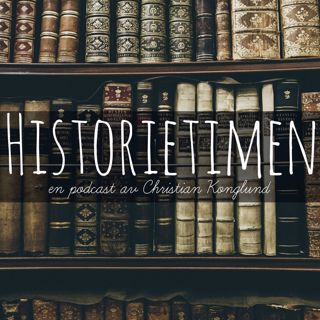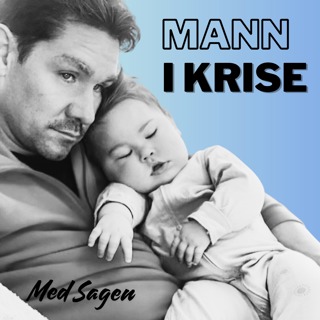
003 - Difference between SHOULD HAVE, COULD HAVE, and WOULD HAVE
Should have, could have, and would have are sometimes called “modals of lost opportunity” because they describe situations when we are imagining that the past was different. Click here for the lesson text - http://www.espressoenglish.net/past-modals-should-have-could-have-would-have/
11 Jan 20158min

002 - Difference between SHOULD, COULD, and WOULD
The difference between should, could, and would is difficult for many English learners – this lesson will help you understand when to use each one! Use should/shouldn't for advice Use could/couldn't for ability in the past Use could for future possibilites and polite requests Use would for unreal/unlikely situations Use would you like for polite offers Listen to the episode for more details, example sentences, and common errors to avoid. Click here for the episode text - http://www.espressoenglish.net/difference-between-should-could-and-would/
11 Jan 20157min

001 - Direct and Indirect Questions in English
Direct questions are the “normal” questions that we can ask to friends, family members, and people who we know well. Example of a direct question:“Where’s the bathroom?” Indirect questions are a little more formal and polite. We use them when talking to a person we don’t know very well, or in professional situations, and their form is a little different. Example of an indirect question:“Could you tell me where the bathroom is?” In today's lesson, you'll learn how to form indirect questions in English - phrases to use, and the changes in sentence structure that make them different from direct questions. Click here for the episode text - http://www.espressoenglish.net/direct-and-indirect-questions-in-english/
11 Jan 20159min






















